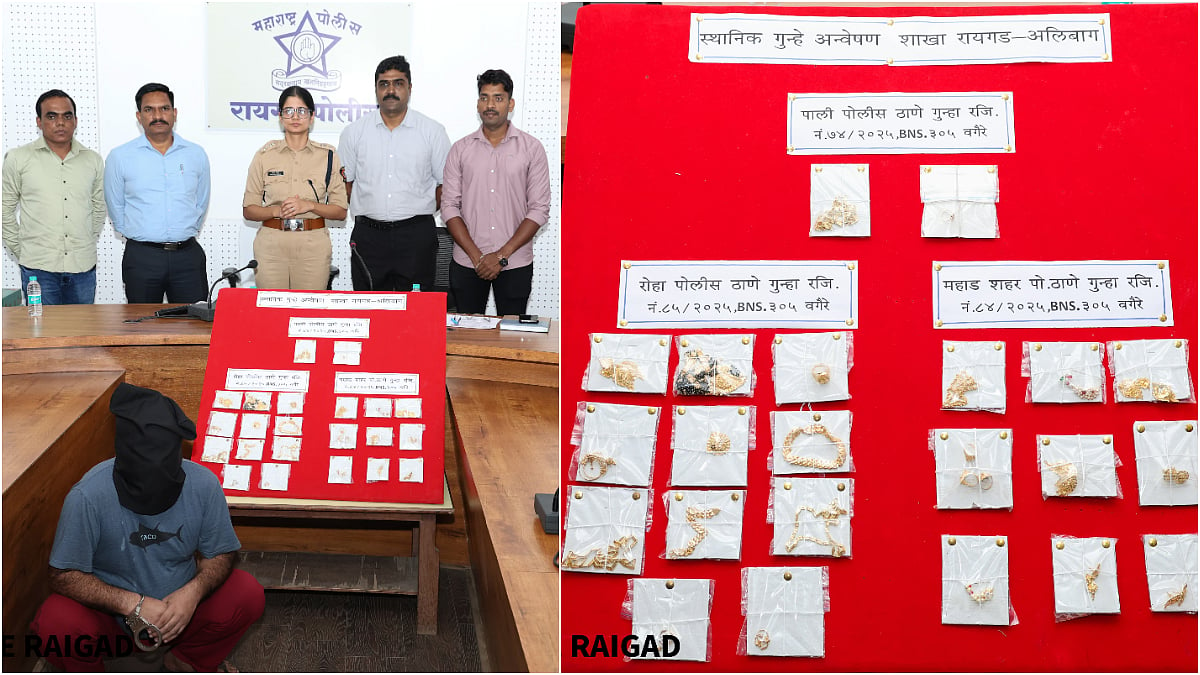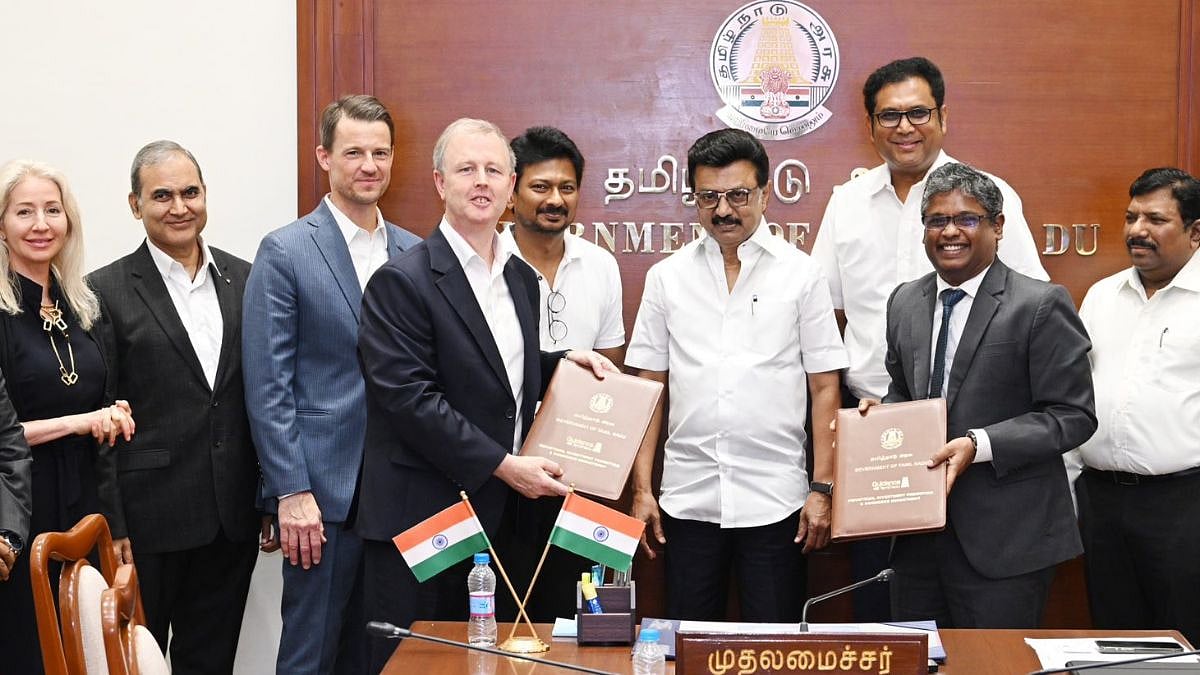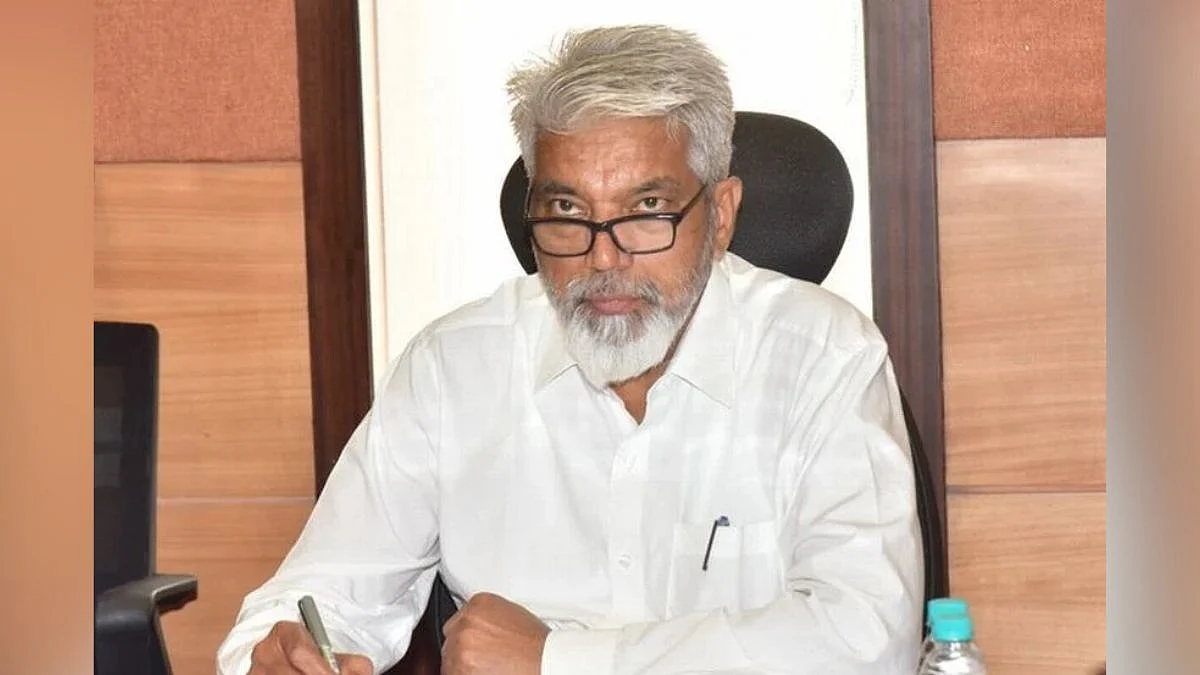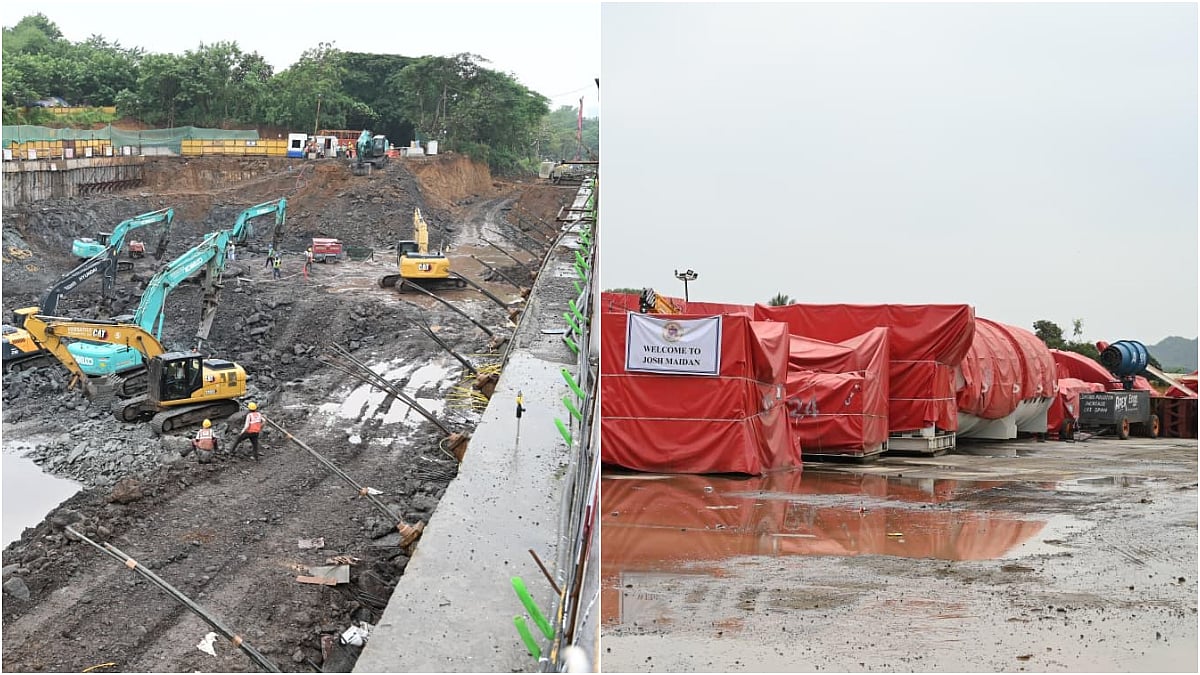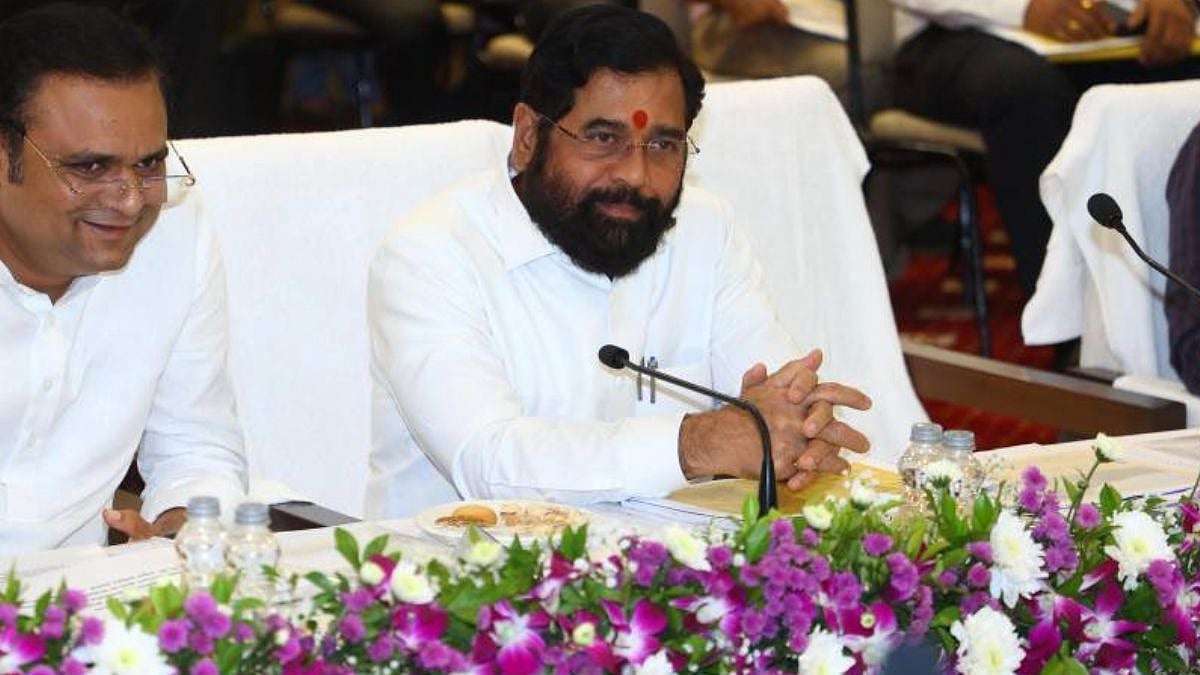Yet another public interest litigation (PIL) petition has been filed before the Bombay High Court seeking quashing of the Maharashtra State Reservation Act 2024, which provides 10% reservation to the Maratha community under the Socially and Educationally Backward Class (SEBC).
The social worker's PIL
Social worker Bhausaheb Pawar filed the PIL on Monday contending that the Act of 2024 is not only “manifestly arbitrary”, but also violates the Articles 14 (right to equality), 15 (prohibition of discrimination on grounds of religion, caste etc), 16 (equality of opportunity in public employment) and 21 (right to life) of the Constitution of India.
Pawar's claims
Pawar relied upon the Supreme Court judgment of 2021, which quashed an earlier Act under which reservation was given to the Marathas observing that the community was “not a socially backward community”.
Additionally, the current Act surpasses the 50% limit laid down by the apex court in the judgement in Indra Sawhney’s case, the PIL contends. “There are no compelling reasons to provide reservation to the community. The State has provided reservation to the Maratha community only after getting pressured by protest and agitation of Manoj Jarange Patil,” the PIL read.
Pawar has alleged that the Act has been passed hastily considering the upcoming Lok Sabha election this year.
Background of Act
The law granting reservation was passed on February 20 and the notification was issued on February 26. It was formulated by the Eknath Shinde-led government based on a report of the Justice (retired) Sunil B Shukre-led Maharashtra State Backward Class Commission (MSBCC). The report had said that the population of Marathas in the State stood at 28 percent and “exceptional circumstances and extraordinary situations exist” and this warrants granting reservation to the Maratha community in excess of 50% total reservation in the state.

The report has ignored the findings of the several commissions before it which showed that Maratha was a dominant class in the state and not a minority, the plea contends. “The commission collected all alleged data within 8-10 days however it is beyond imagination how the state commissioner can collect adequate data to know the adequate representation of the Maratha community in the state,” it added.

